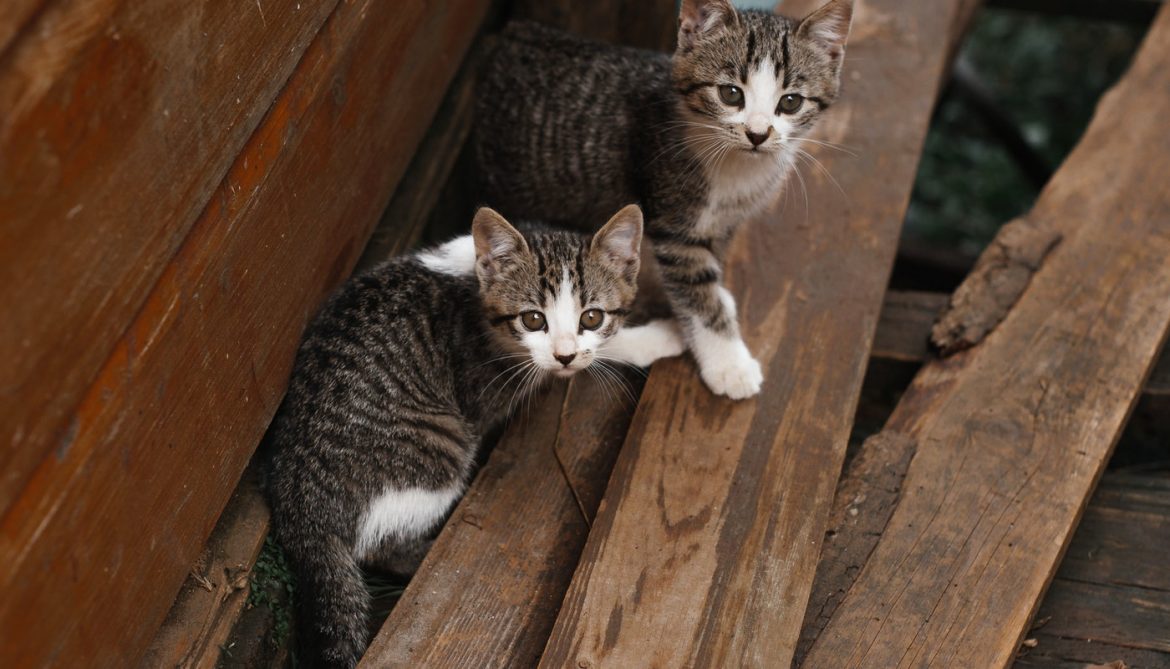From birth to 4 months , the kitten will live an intense and particularly delicate period in terms digestive and immune system.
At birth, the kitten feeds on its mother’s milk until weaning. During this period, the kitten’s digestive system is perfectly adapted to digest milk , but as it grows up, it gradually loses this ability to digest lactose in milk. This is the reason why, contrary to what one might think, cow’s milk is not suitable for kittens or adult cats.
The immature immune system that the kitten has is protected by the antibodies it has received from his mother through her first milk, colostrum . Gradually, it loses the capacity to digest lactose in milk and acquires the capacity to digest starch in cereals . Its food must be very digestible to avoid digestive problems.
Between weaning and the age of 4 months, the growth of the kitten is particularly intense . During its first 12 weeks, a kitten consumes 3 times more energy per kilo of weight than an adult.
The calorie needs of a kitten are greater than those of an adult cat (for an equivalent weight): at 10 weeks, a kitten needs 3.5 times more calories per kilogram than an adult cat. Its food must be very concentrated in energy.
- His baby teeth are fragile . The food must be adapted to the small teeth of the kitten.
- The kitten is protected at the beginning of its life by the antibodies of maternal origin provided during the first feedings. This amount of antibody gradually decreases in the kitten’s body. At the same time, his immune system takes over to make its own antibodies. A food rich in antioxidants stimulates this production of antibodies.
To ensure that it is growing well, we recommend that you weigh it regularly to verify that its weight is still greater than the weight of the previous weighing.Your kitten should gain between 10 and 30 grams per day depending on the breed. A kitten that is not gaining weight regularly or is losing weight should be seen by the vet. Conversely, it is recommended not to encourage your kitten to gain weight too quickly.
If you offer your kitten a very good quality food , balanced in proteins, carbohydrates, fats, vitamins and minerals, it will act as a growth enabler inside their developing body structure.After weaning the kitten , it gradually loses the ability to digest milk . The cow’s milk that you could offer him/her is very rich in lactose. It can cause digestive problems such as diarrhoea in your kitten.Hence it is recommended to give a balanced diet to the kitten at this stage.
,

